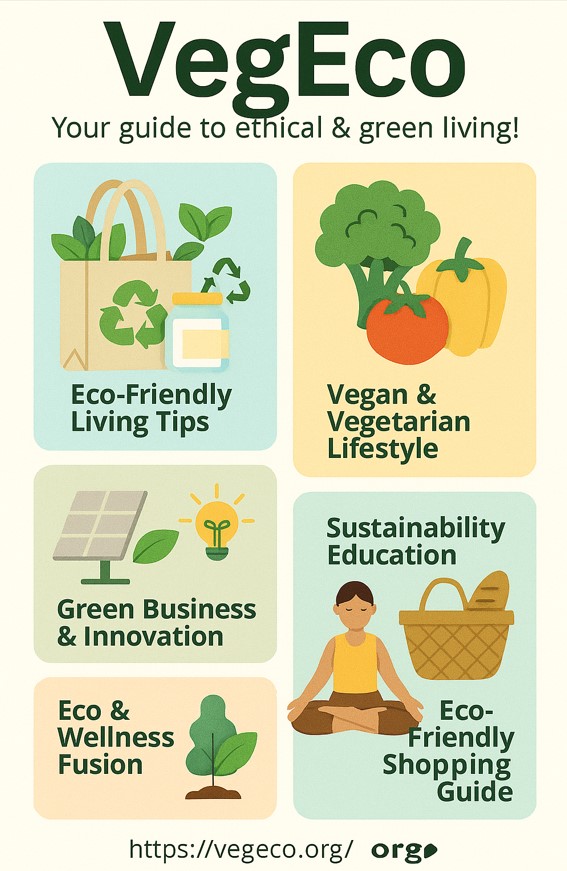Recycling has become an essential component of waste management and environmental conservation. As our planet faces increasing challenges related to pollution, resource depletion, and climate change, understanding the importance of recycling is more crucial than ever. This article explores the benefits of Recycling, the processes involved, and practical steps individuals can take to contribute to a more sustainable future.
Understanding Recycling
Recycling is the process of collecting, processing, and repurposing materials that would otherwise be discarded as waste. This process not only reduces the volume of waste sent to landfills but also conserves natural resources, saves energy, and minimizes pollution. Commonly recycled materials include paper, cardboard, glass, metals, and certain plastics.
The Environmental Benefits of Recycling
- Resource Conservation: Recycling helps conserve natural resources by reducing the need for raw materials. For example, recycling aluminum saves up to 95% of the energy required to produce new aluminum from bauxite ore. By reusing materials, we can preserve forests, water sources, and minerals, ensuring they remain available for future generations.
- Energy Savings: The recycling process often requires significantly less energy than producing new products from raw materials. According to the Environmental Protection Agency (EPA), recycling and composting prevented the release of approximately 186 million metric tons of carbon dioxide equivalent into the air in a single year. This reduction in greenhouse gas emissions is crucial in combating climate change.
- Waste Reduction: Recycling helps reduce the volume of waste that ends up in landfills and incinerators. Landfills are a major source of methane emissions, a potent greenhouse gas. By recycling, we can divert waste from these facilities, thereby reducing environmental pollution and the health risks associated with waste disposal.
- Economic Benefits: The recycling industry creates jobs and stimulates economic growth. According to the National Recycling Coalition, the recycling and reuse industry generates over 1.1 million jobs and $236 billion in revenue annually in the United States alone. By investing in recycling programs, communities can enhance their local economies.
The Recycling Process
Recycling involves several key steps:
- Collection: Materials are collected through curbside pickup, drop-off centers, or recycling bins. Community participation is vital to ensure a successful recycling program.
- Sorting: Collected materials are sorted to separate recyclables from non-recyclables. This step often occurs at recycling facilities, where advanced technology helps identify different materials.
- Processing: Sorted materials are cleaned and processed into raw materials. For instance, paper is pulped and de-inked, while metals are melted down for reuse.
- Manufacturing: Recycled materials are then used to produce new products. Many everyday items, such as recycled paper products, aluminum cans, and plastic containers, are made from recycled materials.
- Purchasing Recycled Products: The final step in recycling is consumer action. By choosing products made from recycled materials, consumers help create a market for recycled goods, encouraging manufacturers to continue the cycle.
Practical Steps for Effective Recycling
- Know Your Local Guidelines: Recycling rules can vary by location. Familiarize yourself with your local recycling guidelines to ensure you are properly sorting your recyclables.
- Clean Your Recyclables: Rinse containers to remove food residue and labels. Contaminated materials can disrupt the recycling process and lead to entire batches being sent to landfills.
- Reduce and Reuse: Before recycling, consider reducing your consumption and reusing items. This not only minimizes waste but also extends the life of products.
- Participate in Community Recycling Programs: Get involved in local recycling initiatives, such as clean-up events or educational workshops. Community engagement can amplify recycling efforts and raise awareness.
- Educate Others: Share your knowledge about recycling with friends and family. Encouraging others to recycle can create a collective impact on waste reduction.
Conclusion
Recycling plays a critical role in fostering a sustainable future. By conserving resources, saving energy, and reducing waste, recycling contributes to a healthier planet. Each individual has the power to make a difference through responsible recycling practices.
As we navigate the challenges of the 21st century, embracing recycling is not just a personal choice; it is a collective responsibility. Together, by making conscious decisions to recycle, we can build a more sustainable world for generations to come.









